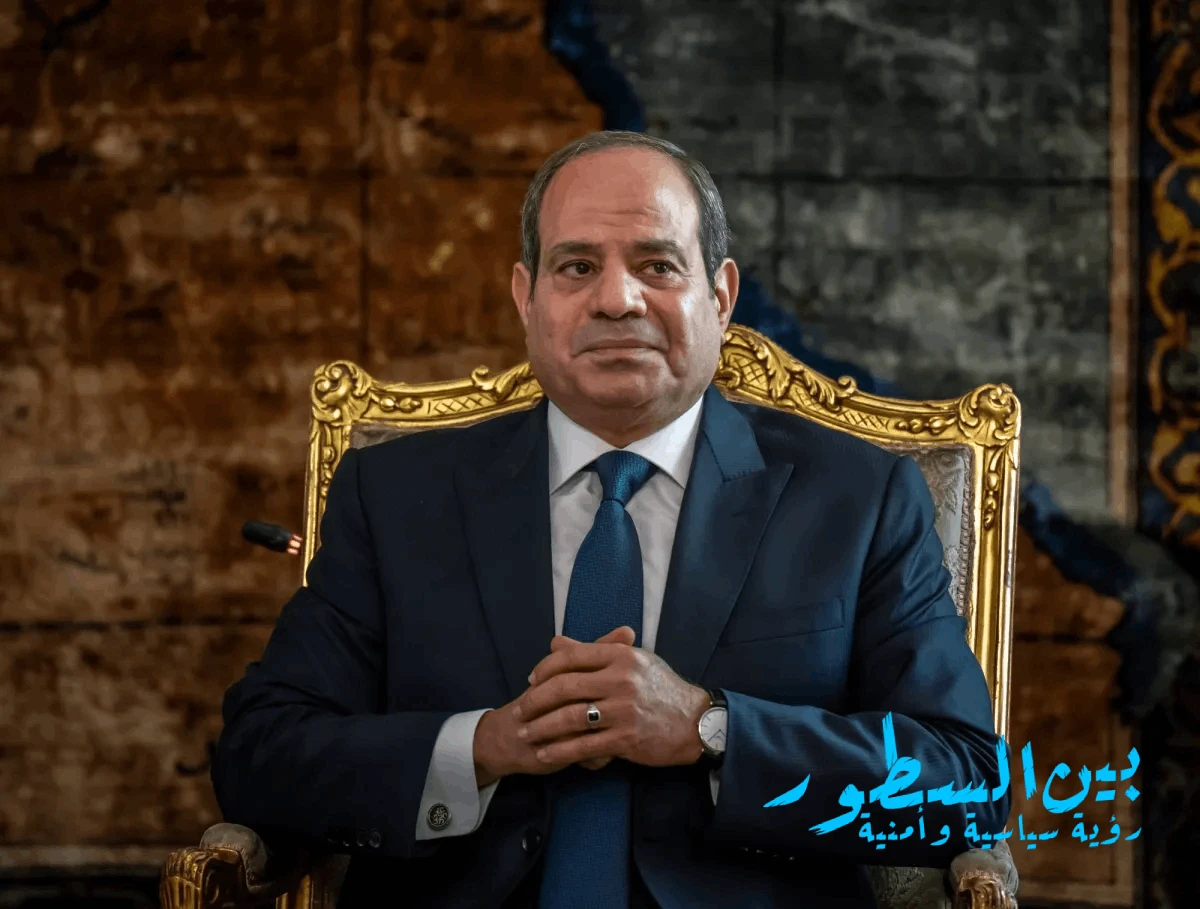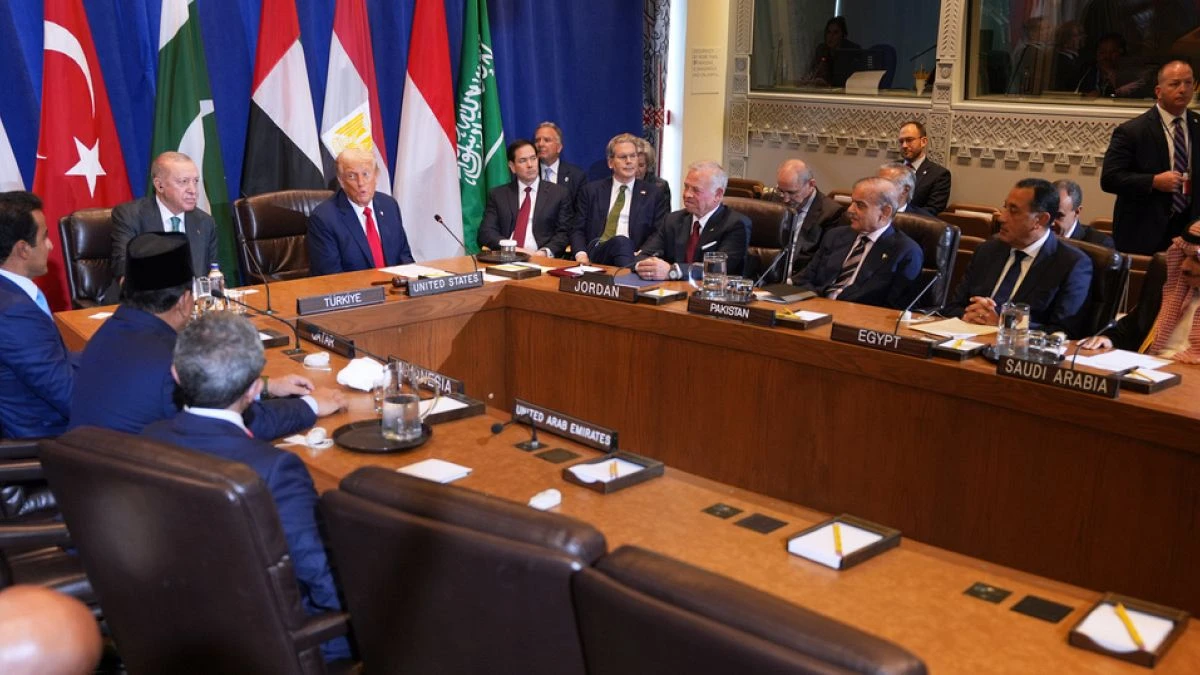The Coup in Egypt and the Gulf: From Enthusiastic Support to Calculating Gains and Losses
This is an AI-generated English translation. The original text is in Arabic.
The relationship between the Gulf countries and Egypt is experiencing a state of unspoken concern, due to the Gulf's dissatisfaction with the current political and economic situation in Egypt under the rule of the coup leader Abdel Fattah el-Sisi. This concern does not stem merely from a political stance, but from the necessity of having a leadership capable of achieving a genuine renaissance that ensures the stability of the entire region, especially in light of the Gulf's ambitious plan for 2030 which relies on having a stable and secure region.
Since the military coup in Egypt, the Gulf has pumped billions of dollars to support what was supposed to be an economic renaissance led by the coup authority. However, the funds spent have not achieved their goals, as the economic and political situation continues to deteriorate, with increasing instability and a lack of a clear vision for development.
It is noteworthy that the Gulf, which initially supported the coup, is now paying the price for this support due to the failure to achieve stability and development in Egypt. The money spent has only resulted in more tensions and instability, leading Gulf countries to now face the repercussions of this failure at the regional level.
It is clear that the coup leader Sisi has either not understood or not cared about the Gulf plan, as he invested this money in repressive policies and attempts to consolidate his power, ignoring the need to develop the economy and achieve welfare for the Egyptian people, which has increased the Gulf's dissatisfaction and concern for the stability of the region.
For this reason, the Gulf is now looking for a leadership alternative that can guide Egypt towards a genuine economic renaissance and restore security and stability, not out of love for Egypt itself, but because Egypt's stability is a fundamental element in the success of the Gulf's plan for 2030. Among the names being circulated in this context, Ahmed Tantawi emerges as a potential option capable of leading the necessary change.
The question remains: Will any new leader succeed in overcoming the significant challenges left by the coup regime and achieving a balance between political stability and economic development in Egypt? And how will local and international forces react to any potential change in leadership?
In the end, Egypt's stability is a necessity that cannot be ignored, not only for the benefit of regional powers but first and foremost for the Egyptian people who deserve a better life and real security, away from the interests and political extortion of regimes.








